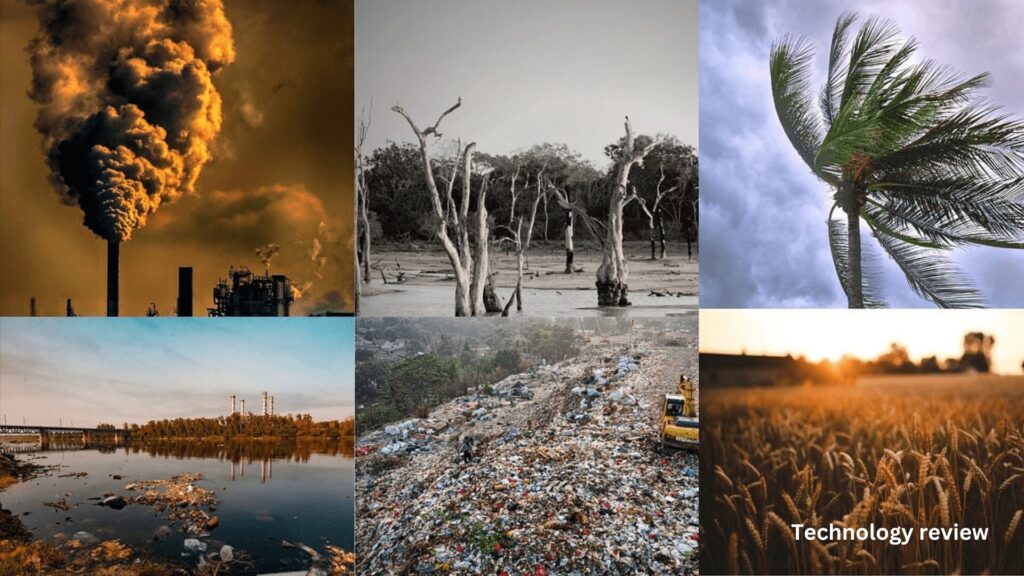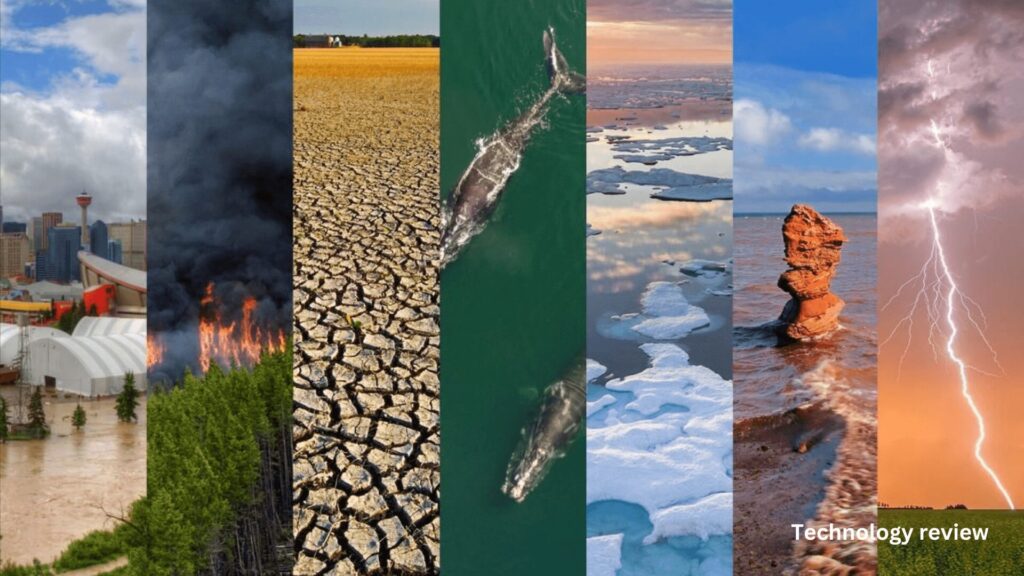Climate change causes and effects
As you contemplate the future of our planet, climate change looms as one of the most pressing challenges facing humanity. This complex phenomenon, driven by human activities and natural processes, is reshaping Earth’s delicate ecosystems and weather patterns. To effectively address climate change, you must first understand its multifaceted causes and far-reaching consequences. This article will examine the primary drivers of global warming, from greenhouse gas emissions to deforestation, and explore its impacts on everything from rising sea levels to extreme weather events. By grasping the intricacies of climate change, you’ll be better equipped to support and implement solutions to safeguard our shared environment.
What are the Main Causes of Climate Change?
Climate change causes and effects are complex and interconnected, but we can identify several key factors driving this global phenomenon. Understanding these causes is crucial for developing effective strategies to mitigate their impact.
Greenhouse Gas Emissions
The primary driver of climate change is the increased concentration of greenhouse gases in our atmosphere. These gases, particularly carbon dioxide (CO2), trap heat and cause the Earth’s temperature to rise. Human activities, such as burning fossil fuels for energy and transportation, are the main source of these emissions.
Deforestation and Land Use Changes
Another significant cause of climate change is deforestation and changes in land use. Forests act as natural carbon sinks, absorbing CO2 from the atmosphere. When we cut down trees or convert land for agriculture and urban development, we release stored carbon and reduce the Earth’s capacity to absorb greenhouse gases.
Industrial Processes
Many industrial processes contribute to climate change by releasing greenhouse gases and other pollutants. Manufacturing, chemical production, and waste management are just a few examples of industries that significantly impact our climate.
Understanding these causes is essential for addressing the effects of climate change and developing sustainable solutions for our planet’s future.
The Effects of Climate Change on the Environment
Climate change causes and effects are reshaping our world in profound ways. As global temperatures rise, we’re witnessing a cascade of environmental impacts that touch every corner of the planet.
Rising Sea Levels and Coastal Erosion
One of the most visible effects of climate change is the rise in sea levels. As ice sheets and glaciers melt, oceans expand, threatening coastal communities and ecosystems. You may notice increased flooding in low-lying areas and accelerated erosion of shorelines.
Extreme Weather Events
Climate change is intensifying the frequency and severity of extreme weather events. You’re likely to experience more intense hurricanes, longer-lasting heatwaves, and more severe droughts. These events not only pose immediate dangers but also have long-term consequences for agriculture, infrastructure, and human health.
Biodiversity Loss
The rapid changes in temperature and precipitation patterns are outpacing many species’ ability to adapt. You’ll find that delicate ecosystems like coral reefs and Arctic habitats are particularly vulnerable. This loss of biodiversity can disrupt food chains and reduce the resilience of entire ecosystems.
Disrupted Water Cycles
Climate change is altering precipitation patterns globally. You may observe more frequent and intense rainfall in some regions, while others experience prolonged droughts. These shifts in the water cycle can lead to water scarcity, affecting agriculture, energy production, and human consumption.
How Climate Change Impacts Human Health and Society
Climate change causes and effects extend far beyond environmental concerns, profoundly impacting human health and societal structures. As global temperatures rise and weather patterns shift, we’re witnessing a cascade of consequences that touch every aspect of our lives.
Health Consequences
The effects of climate change on human health are increasingly evident. Rising temperatures lead to more frequent and intense heatwaves, causing heat-related illnesses and deaths. Additionally, changes in precipitation patterns contribute to the spread of waterborne diseases and expand the range of disease-carrying insects, exposing more populations to threats like malaria and Zika virus.
Societal Disruptions
Climate change’s impacts ripple through society, affecting food security, water availability, and economic stability. Extreme weather events, such as hurricanes and floods, displace communities and strain infrastructure. Agricultural productivity suffers from changing growing seasons and increased droughts, potentially leading to food shortages and price hikes. These disruptions can exacerbate existing social inequalities and contribute to political instability.
Mental Health Concerns
The psychological toll of climate change is often overlooked but significant. Anxiety about the future, grief over lost environments, and stress from climate-related disasters all contribute to a growing mental health crisis. This “eco-anxiety” can lead to depression, PTSD, and other mental health issues, particularly among young people and those directly affected by climate events.
Mitigating the Causes and Effects of Climate Change
As we grapple with the complex challenges of climate change, it’s crucial to understand both its causes and effects. By addressing the root causes of climate change, we can work towards mitigating its far-reaching consequences.
Tackling the Primary Causes
The main drivers of climate change are human activities that release greenhouse gases into the atmosphere. To effectively combat this issue, you should focus on:
- Reducing fossil fuel consumption
- Transitioning to renewable energy sources
- Implementing sustainable agricultural practices
- Preserving forests and promoting reforestation
Addressing the Effects
The effects of climate change are already apparent and will continue to intensify without intervention. You can help mitigate these impacts by:
- Supporting adaptive infrastructure development
- Conserving water resources
- Protecting vulnerable ecosystems and biodiversity
By taking action on both the causes and effects of climate change, you can contribute to a more sustainable future. Remember, every effort counts in this global challenge. Your choices and actions today can help shape a more resilient world for generations to come.
FAQs about the Causes and Effects of Climate Change
What are the main causes of climate change?
The primary causes of climate change are human activities that release greenhouse gases into the atmosphere. Burning fossil fuels for energy, deforestation, and industrial processes are major contributors. These activities increase the concentration of heat-trapping gases like carbon dioxide, methane, and nitrous oxide, leading to global warming and subsequent climate change effects.
What are the most significant effects of climate change?
Climate change causes and effects are closely interlinked. Some of the most notable effects include:
- Rising global temperatures
- Melting glaciers and sea ice
- Increased frequency and intensity of extreme weather events
- Sea level rise
- Ocean acidification
- Shifts in plant and animal ranges
These effects have far-reaching consequences for ecosystems, agriculture, human
health, and economies worldwide.
How can we mitigate climate change?
Addressing climate change requires a multi-faceted approach. Key strategies include:
- Transitioning to renewable energy sources
- Improving energy efficiency in buildings and transportation
- Protecting and restoring forests and other carbon sinks
- Implementing sustainable agricultural practices
- Reducing consumption and waste
By understanding the causes and effects of climate change, we can take informed action to mitigate its impacts and build a more sustainable future.
Conclusion
As you’ve seen, climate change poses significant challenges for our planet and society. The causes are complex but largely driven by human activities that release greenhouse gases. The effects are far-reaching, impacting ecosystems, weather patterns, and human populations worldwide. While the situation is serious, there are steps you can take to reduce your carbon footprint and support climate action. By patterns, and human populations worldwide. While the situation is serious, there are steps you can take to reduce your carbon footprint and support climate action. By staying informed, making sustainable choices, and advocating for systemic changes, you can be part of the solution. The time to act on climate change is now – your efforts, combined with those of others, can help create a more sustainable future for generations to come.



